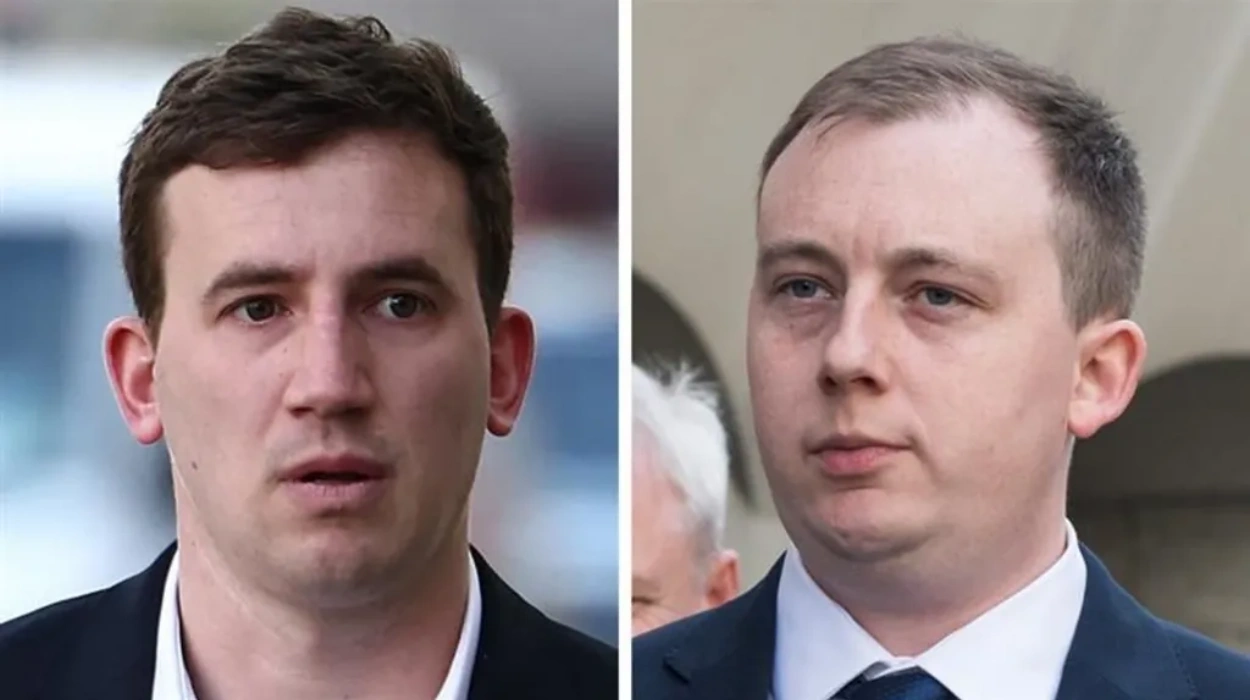UK (Parliament Politics Magazine) – Downing Street has firmly denied any government interference in the collapse of the trial against two men accused of spying for China, stressing that the Crown Prosecution Service (CPS) made its decision independently. The charges were dropped due to evidential shortcomings, not political pressure, despite speculation about government influence linked to China policy.
Downing Street Denies Government Role in Trial Collapse
On Monday, October 6, 2025, No 10 issued a strong denial that the UK government had any involvement in undermining the prosecution of Christopher Cash and Christopher Berry, two men accused of spying for China. As reported by BBC journalist Thomas Williams, the government spokesperson emphasised that the CPS decision to drop charges was made “entirely independently of government” and dismissed claims of government suppression of evidence or witness limitations as “all untrue”.
This denial came amid media reports suggesting Whitehall officials, including senior civil servants, had met to discuss the trial shortly before charges were withdrawn in September, raising suspicions that the government’s reluctance to designate China as an “enemy” for court purposes weakened the prosecution’s case. The government spokesperson clarified that the evidence presented reflected “the policy of the previous administration” referring to China as an “epoch-defining challenge” rather than an enemy state. Thus, according to Downing Street, prosecutors followed existing policy without political interference.
Background on the Espionage Charges
Christopher Cash, aged 30, a former parliamentary researcher linked with the China Group think tank, and Berry, 33, were arrested in March 2023. They were charged under the Official Secrets Act with transmitting sensitive political information to a Chinese intelligence operative between late 2021 and early 2023. Both men strongly denied the allegations.
The prosecution relied on proving that the defendants passed information that would be “directly or indirectly useful to an enemy,” a key legal standard under the Official Secrets Act 1911. However, with the government avoiding the “enemy” designation for China in court, prosecutors concluded the evidential threshold was not met. Stephen Parkinson, Director of Public Prosecutions, confirmed that the case could not proceed on evidential grounds alone and emphasized the CPS acted independently without any external influence.
Political Fallout and Criticism
The collapse of this high-profile espionage case has attracted criticism from Members of Parliament, including Commons Speaker Sir Lindsay Hoyle, who warned that the situation could expose Parliament to espionage risks. Conservative MP Alicia Kearns, who worked with Cash previously, described the trial’s failure as “inexplicable” and contended that the prosecution’s capacities were “undermined” in the weeks prior to trial, possibly by withdrawal of evidence or witness testimony.
Kearns speculated that either ministers or officials acting with or against Prime Minister Keir Starmer’s awareness affected the trial’s viability. She accused the government of prioritising “mending relations with Beijing over national security.” This view was echoed by shadow cabinet members, including Shabana Mahmood, Labour’s Home Secretary, who expressed “disappointment” over the prosecutorial failure but denied ministerial interference.
The Times and The Telegraph reported that internal government meetings chaired by Starmer’s national security adviser Jonathan Powell discussed the evidence strategy, especially reluctance to label China an enemy. This approach, they argue, led to a fundamental weakening of the espionage case.
Government’s Stance on China Policy
Downing Street and government officials insist that UK-China relations remain complex, with economic ties continuing alongside security concerns. David Lammy’s 2024 visit to China to foster trade underlines the balancing act between diplomacy and national security. The current government’s portrayal of China aligns with previous Conservative policy, which avoided explicitly defining China as a hostile enemy in domestic legislation or courtrooms.
This nuanced position has fuelled ongoing debate over the appropriate legal and political framework to address espionage within Parliament and wider UK institutions. Some critics argue that failing to label China as an enemy in espionage cases compromises national security, while others defend the government’s strategy as pragmatic diplomacy.
Next Steps and Calls for Transparency
Following strong public and parliamentary reaction, there have been calls for clarity over the decision-making process behind the dropping of charges. MP Alicia Kearns and other opposition figures demand the government “come clean” and fully disclose what influenced the CPS’s evidential assessment. Transparency advocates argue that only open disclosure will restore confidence that national security remains appropriately prioritised.
Meanwhile, the government maintains that the decision was solely prosecutorial, warning against “unfounded allegations” of interference that risk undermining trust in the justice system.


